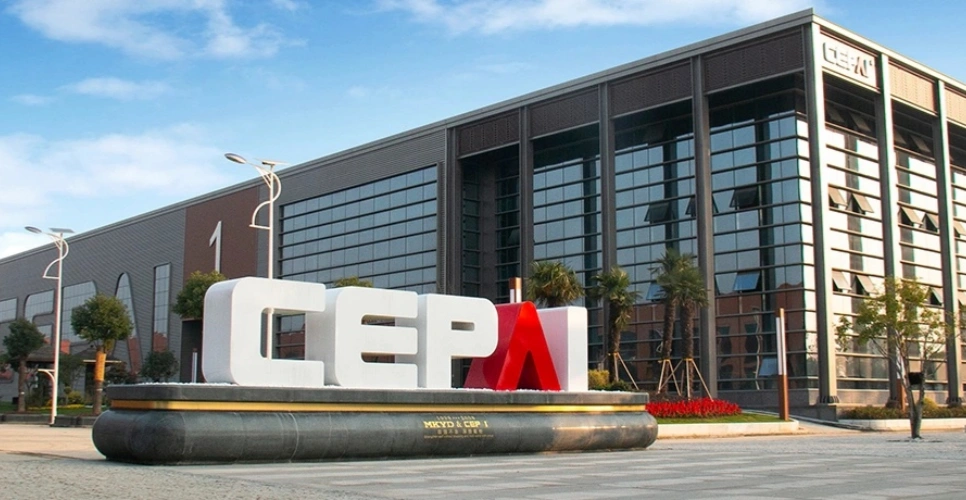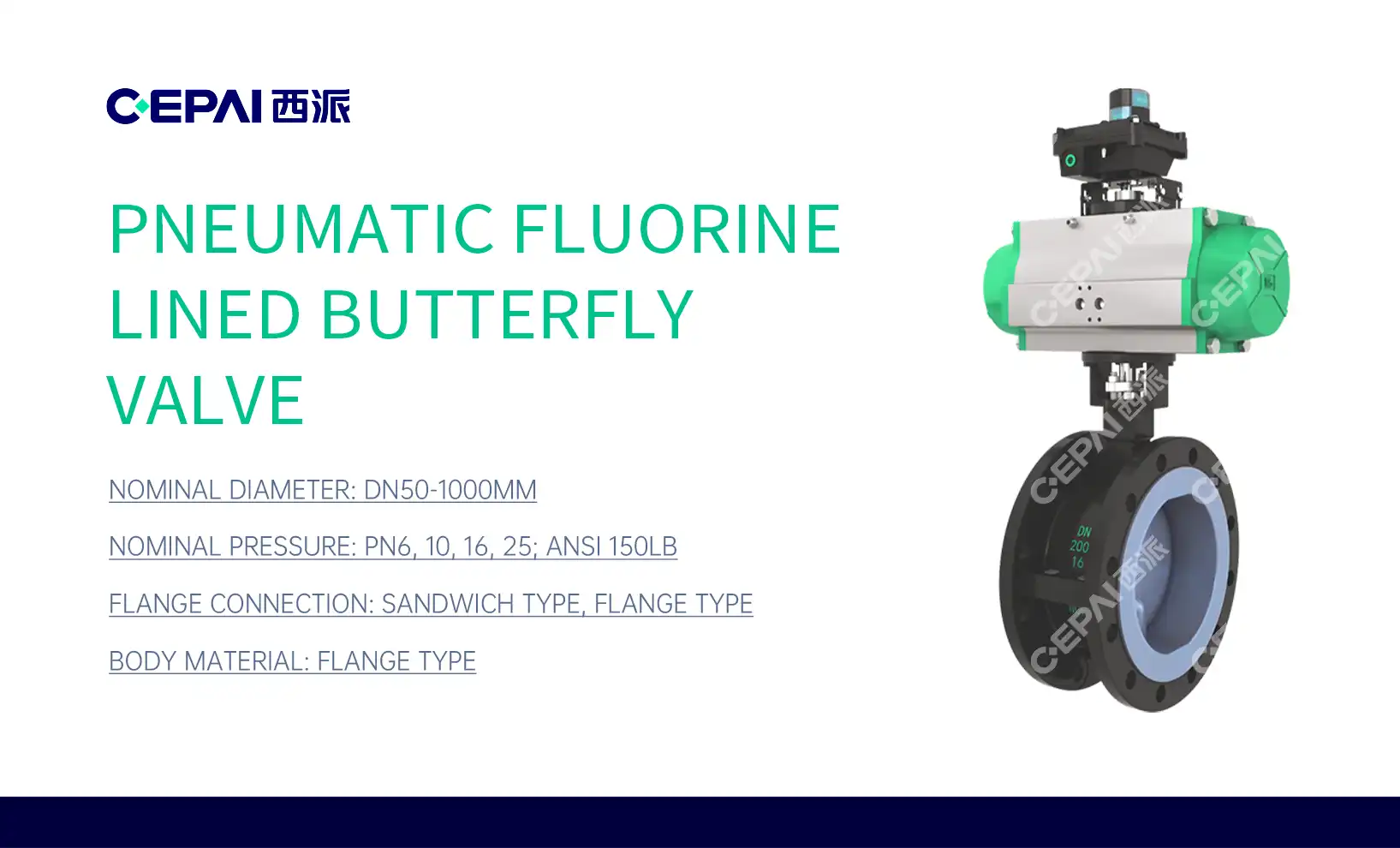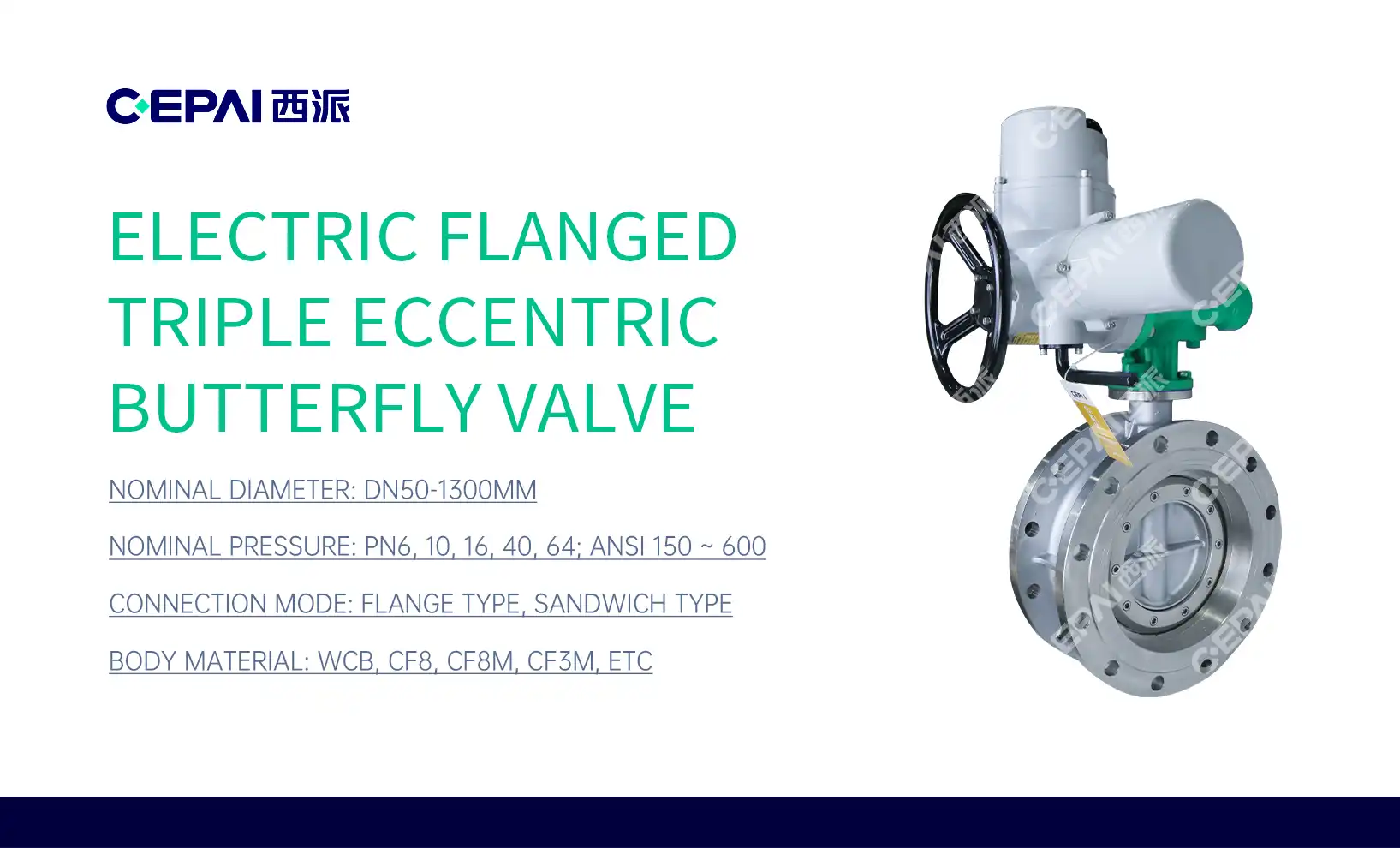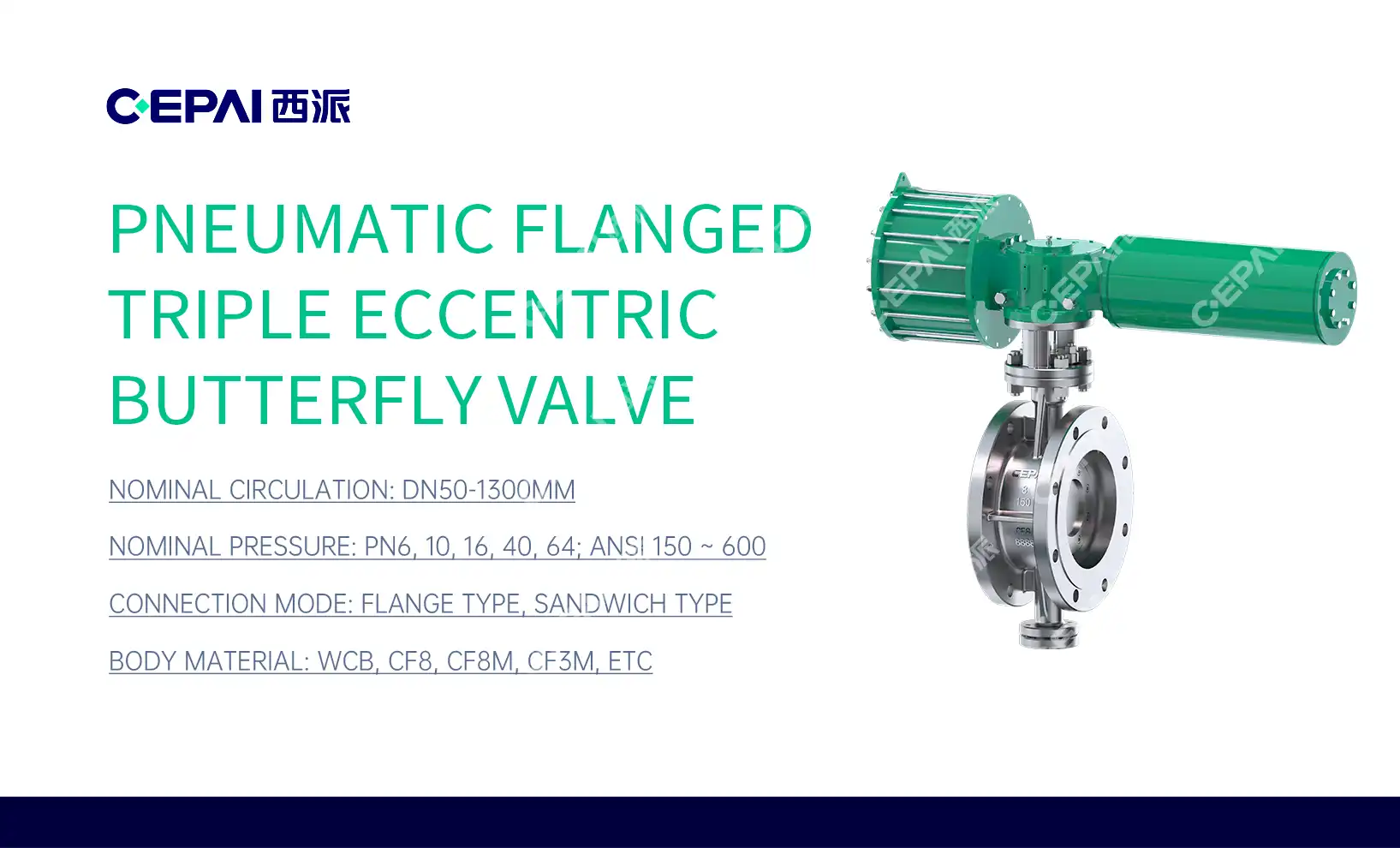Understanding the Design and Functionality of Pneumatic Sleeve Control Valves
Core Components and Working Principles
Pneumatic sleeve control valves consist of several key components that work together to regulate flow. The main elements include the valve body, flexible sleeve, pneumatic actuator, and control system. The valve body houses the sleeve, which is typically made of elastomeric material. The pneumatic actuator applies pressure to the sleeve, causing it to expand or contract, thus controlling the flow passage. This design allows for precise and responsive flow control without the need for complex mechanical parts.
Materials and Construction Techniques
The choice of materials for pneumatic sleeve control valves is crucial for ensuring durability and performance. The valve body is often constructed from robust materials such as stainless steel or cast iron to withstand harsh industrial environments. The sleeve itself is made from specialized elastomers that offer resilience, chemical resistance, and longevity. Advanced manufacturing techniques, including precision molding and surface treatments, are employed to enhance the valve's reliability and extend its operational life.
Control Systems and Integration
Modern pneumatic sleeve control valves incorporate sophisticated control systems that enable seamless integration with broader process control networks. These systems may include pressure sensors, flow meters, and programmable logic controllers (PLCs) that work in tandem to maintain optimal flow conditions. The integration capabilities allow for remote monitoring, data logging, and automated adjustments, contributing to improved process efficiency and reduced human intervention.
Benefits and Advantages of Implementing Pneumatic Sleeve Control Valves
Enhanced Flow Control Precision
One of the primary advantages of pneumatic sleeve control valves is their ability to provide highly accurate flow control. The flexible sleeve design allows for infinite positioning between fully open and fully closed states, enabling fine-tuned adjustments to meet specific process requirements. This precision is particularly valuable in applications where maintaining exact flow rates is critical, such as in chemical processing or food production.
Reduced Maintenance and Operational Costs
The simple design of pneumatic sleeve control valves, with fewer moving parts compared to traditional valve types, translates to reduced maintenance requirements and lower operational costs. The absence of complex mechanical components minimizes wear and tear, decreasing the frequency of repairs and replacements. Additionally, the self-cleaning nature of the sleeve helps prevent buildup and clogging, further reducing maintenance needs and ensuring consistent performance over time.
Versatility and Adaptability
Pneumatic sleeve control valves demonstrate remarkable versatility across various industrial applications. Their ability to handle a wide range of fluids, including those containing particulates or abrasive materials, makes them suitable for diverse processes. The valves can be easily adapted to different pressure and temperature conditions by selecting appropriate sleeve materials and actuator configurations. This adaptability allows for standardization across multiple applications within a facility, simplifying inventory management and operator training.
Applications and Industry-Specific Uses of Pneumatic Sleeve Control Valves
Oil and Gas Industry Applications
In the oil and gas sector, pneumatic sleeve control valves play a crucial role in various processes. They are extensively used in wellhead control systems, where precise regulation of flow rates is essential for optimal production. These valves are also employed in gas processing plants for controlling the flow of natural gas and associated liquids. Their ability to handle abrasive and corrosive fluids makes them ideal for managing produced water and other challenging substances encountered in oil and gas operations.
Chemical and Pharmaceutical Processing
The chemical and pharmaceutical industries benefit greatly from the use of pneumatic sleeve control valves. In these sectors, the valves are utilized for controlling the flow of reagents, solvents, and other process fluids with high precision. The clean-in-place (CIP) compatibility of many pneumatic sleeve valve designs is particularly advantageous in pharmaceutical manufacturing, where maintaining sterile conditions is paramount. The valves' ability to handle both liquids and gases makes them versatile choices for various stages of chemical processing and drug production.
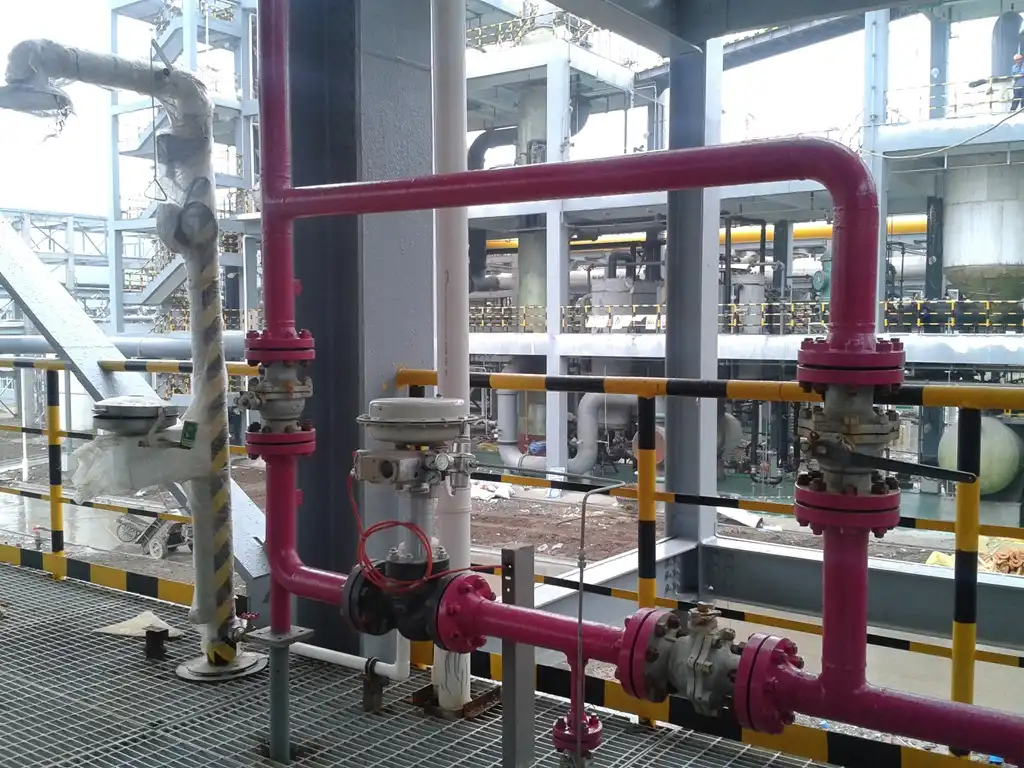
Water and Wastewater Treatment Systems
Pneumatic sleeve control valves find extensive application in water and wastewater treatment facilities. They are used for controlling the flow of water, chemicals, and slurries throughout the treatment process. The valves' resistance to scaling and their ability to handle fluids with suspended solids make them well-suited for tasks such as backwash control in filtration systems and sludge management. Their precise control capabilities contribute to optimizing chemical dosing and ensuring consistent water quality in both municipal and industrial treatment plants.
Conclusion
Pneumatic sleeve control valves offer a robust and versatile solution for flow control across various industries. Their unique design principles, combined with the benefits of precision, low maintenance, and adaptability, make them an attractive choice for many applications. As industries continue to seek more efficient and reliable process control solutions, the role of pneumatic sleeve control valves is likely to expand. By understanding their capabilities and applications, professionals can make informed decisions about incorporating these valves into their systems, potentially leading to improved operational efficiency and cost-effectiveness.
FAQs
1. What are the main advantages of pneumatic sleeve control valves?
Pneumatic sleeve control valves offer precise flow control, reduced maintenance needs, and versatility across various applications.
2. Can pneumatic sleeve control valves handle abrasive materials?
Yes, many pneumatic sleeve control valves are designed to handle abrasive and particulate-laden fluids effectively.
3. How do pneumatic sleeve control valves compare to traditional valve types?
Pneumatic sleeve valves often provide more precise control, have fewer moving parts, and require less maintenance compared to many traditional valve types.
4. Are pneumatic sleeve control valves suitable for high-pressure applications?
Many pneumatic sleeve control valves can be designed for high-pressure applications, but it's important to consult with a reputable pneumatic sleeve control valve supplier for specific requirements.
Expert Pneumatic Sleeve Control Valve Solutions | CEPAI
CEPAI Group Co., Ltd. stands at the forefront of pneumatic sleeve control valve innovation, offering cutting-edge solutions for the oil and gas, chemical, and water treatment industries. Our state-of-the-art manufacturing facilities and rigorous quality control processes ensure the delivery of high-performance, reliable valves tailored to your specific needs. As a leading pneumatic sleeve control valve supplier, we're committed to driving industrial advancement through continuous technological innovation. Experience the CEPAI difference in valve technology – contact us at cepai@cepai.com to explore our comprehensive range of pneumatic sleeve control valve solutions.

References
Smith, J.A. (2022). "Advanced Flow Control Technologies in Industrial Processes." Journal of Process Engineering, 45(3), 278-295.
Johnson, R.B., & Williams, T.C. (2021). "Comparative Analysis of Valve Technologies for Oil and Gas Applications." Petroleum Engineering Review, 33(2), 156-172.
Garcia, M.L. (2023). "Innovations in Pneumatic Control Systems for Chemical Processing." Chemical Engineering Progress, 119(4), 62-75.
Thompson, E.K., et al. (2022). "Optimizing Water Treatment Processes Through Advanced Valve Technologies." Water Science and Technology, 85(9), 2140-2155.
Lee, S.H., & Park, J.Y. (2021). "Material Advancements in Sleeve Valve Design for Harsh Industrial Environments." Materials Science and Engineering: A, 812, 141145.
Anderson, P.R. (2023). "Integration of Smart Valve Technologies in Industry 4.0 Frameworks." Automation and Control Systems, 57(6), 823-839.

_1746598531170.webp)
